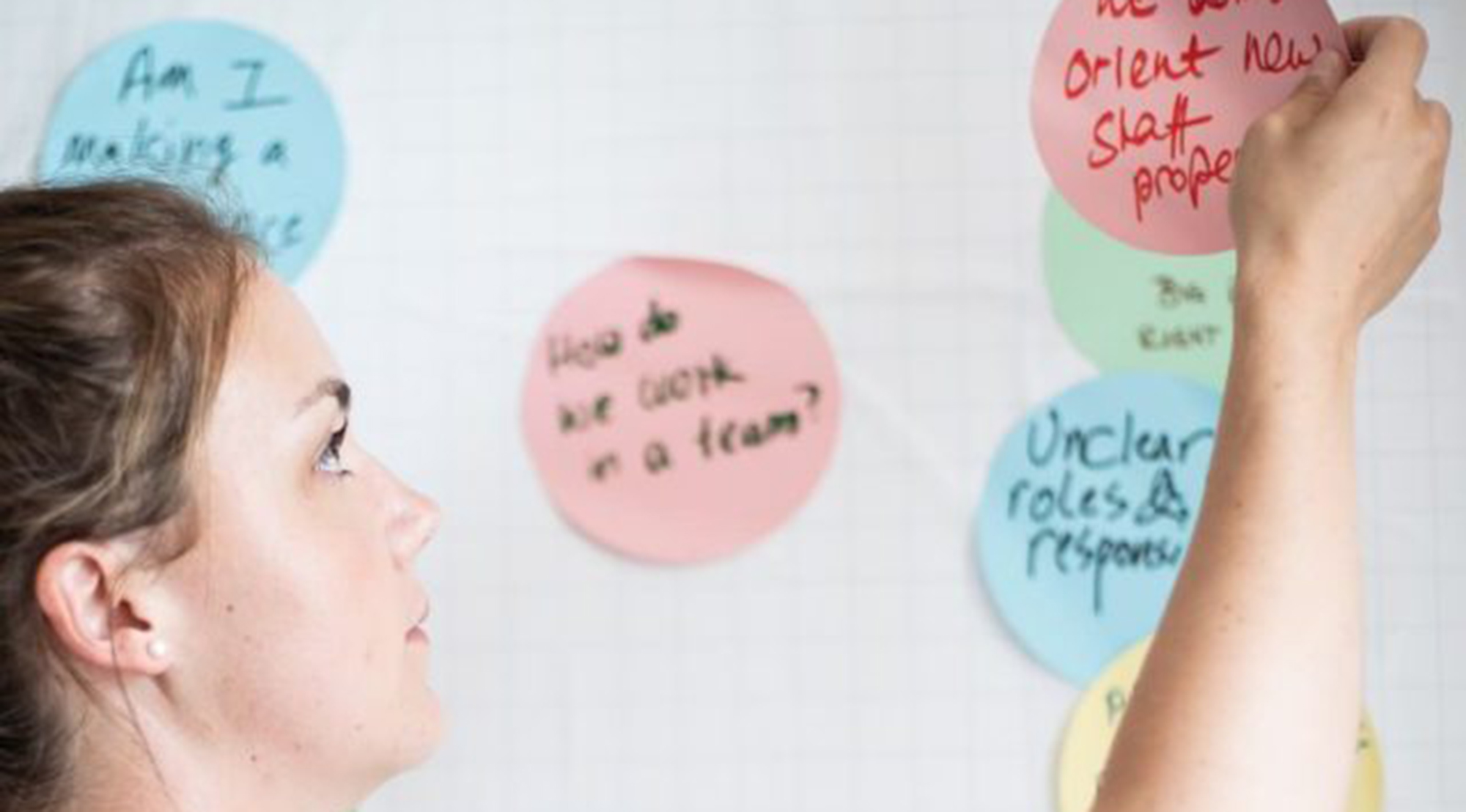PeaceNexus is a private Swiss foundation dedicated to strengthening organizations contributing to peace in fragile contexts. The foundation is distinctive in that it funds organizational change processes rather than projects or activities. For selecting its partners, three criteria apply: 1) a strong track record – or proven potential – in terms of peace impact or contribution to locally-led peacebuilding, 2) alignment with PeaceNexus’s geographical focus and conflict analysis, 3) readiness to change. That last criterion, evaluating applicants’ change energy, is usually the most difficult to assess – and where we most often get it wrong.
Organizational development academics have developed a “change equation” that shows the level of dissatisfaction, combined with a shared vision for a better future and some first steps towards it, must be greater than internal resistance for change to occur. However, assessing each of these elements remains a difficult art.
Dissatisfaction can be found in every organization, but the question is: does this frustration come from a commitment to the mission? Has it become generalized negativity, or is it underpinned by creative energy and change champions ready to step up? We are often surprised by who ends up in a leading role, and we can also easily underestimate the resistance of those threatened by change. Such processes inevitably lead to a reallocation of power and resources. Although we cannot predict how organizational dynamics will be affected, seeking to understand them helps us assess to what extent and from where resistance may emerge.
However, frustration from within is sometimes not enough. Pressure from external sources must increase the cost of the status quo. A “donor darling” that is not held accountable for its impact may prefer to tolerate a high staff turnover rather than question its approach. PeaceNexus may hold a mirror, that reflects on internal consultations but the feedback may still not be fully heard unless they already translate into direct consequences. In such cases, it is wiser to walk away. And while an organization may not be “hurting enough” to launch an authentic change process, the window of opportunity may also close fast: if facing an existential crisis, especially a financial one, it will not be in a position to engage in strategic thinking and medium to long-term reform efforts.
Finally, PeaceNexus’ support has often revealed dysfunctional practices but also fundamental disagreement on the role and future of the partner. While consensus can eventually emerge, we have learned that failing to identify it early enough and address it directly, including at the board level, can limit the impact.
Most of the foundation’s accompaniment comes down to helping its partners better understand the change equation and use its elements as a lever to move forward: to acknowledge staff’s frustration and use it as fuel, to courageously name differences in vision, and commit to developing a shared new one, to consistently nurture long, challenging processes by breaking them down into manageable steps and reporting back regularly to share progress, as well as to engage those who undermine it. And looking back after more than ten years of trial and error, what we have found to be true in assessing change energy for organizational development processes turns out to be relevant to designing peacebuilding interventions more broadly.


